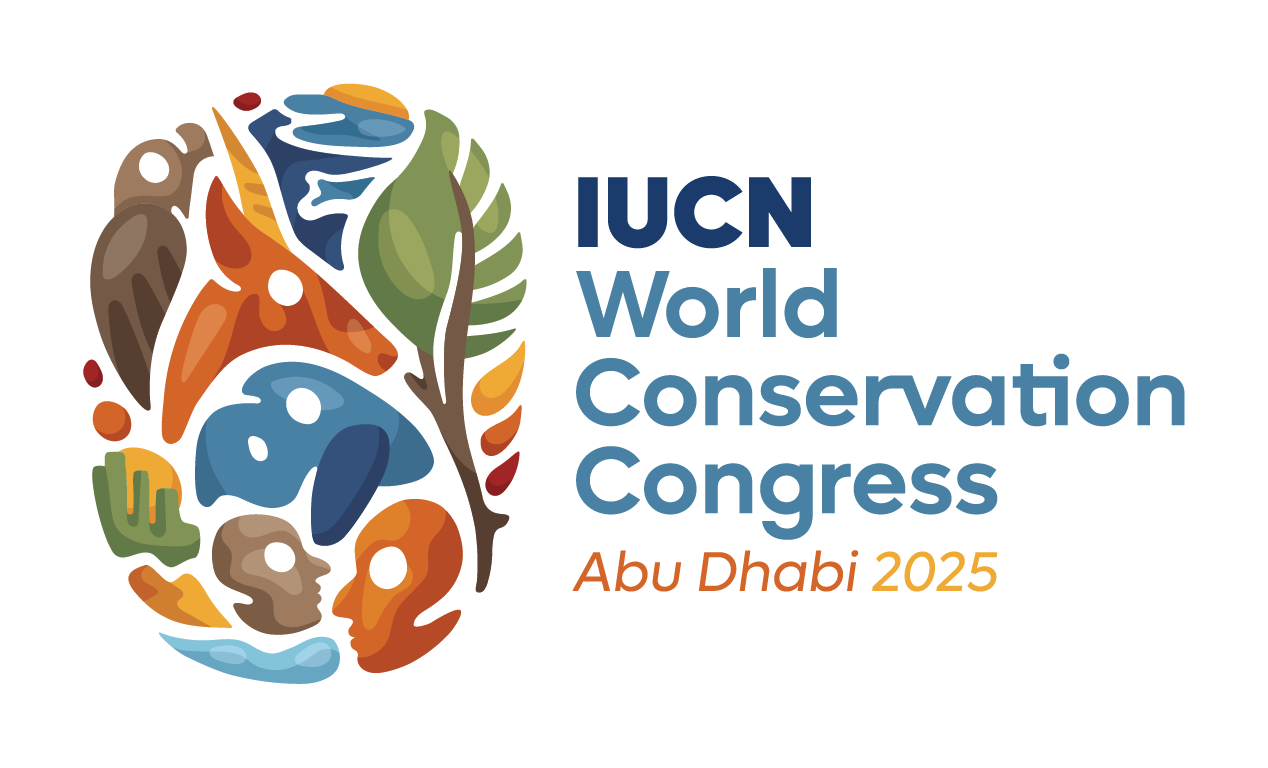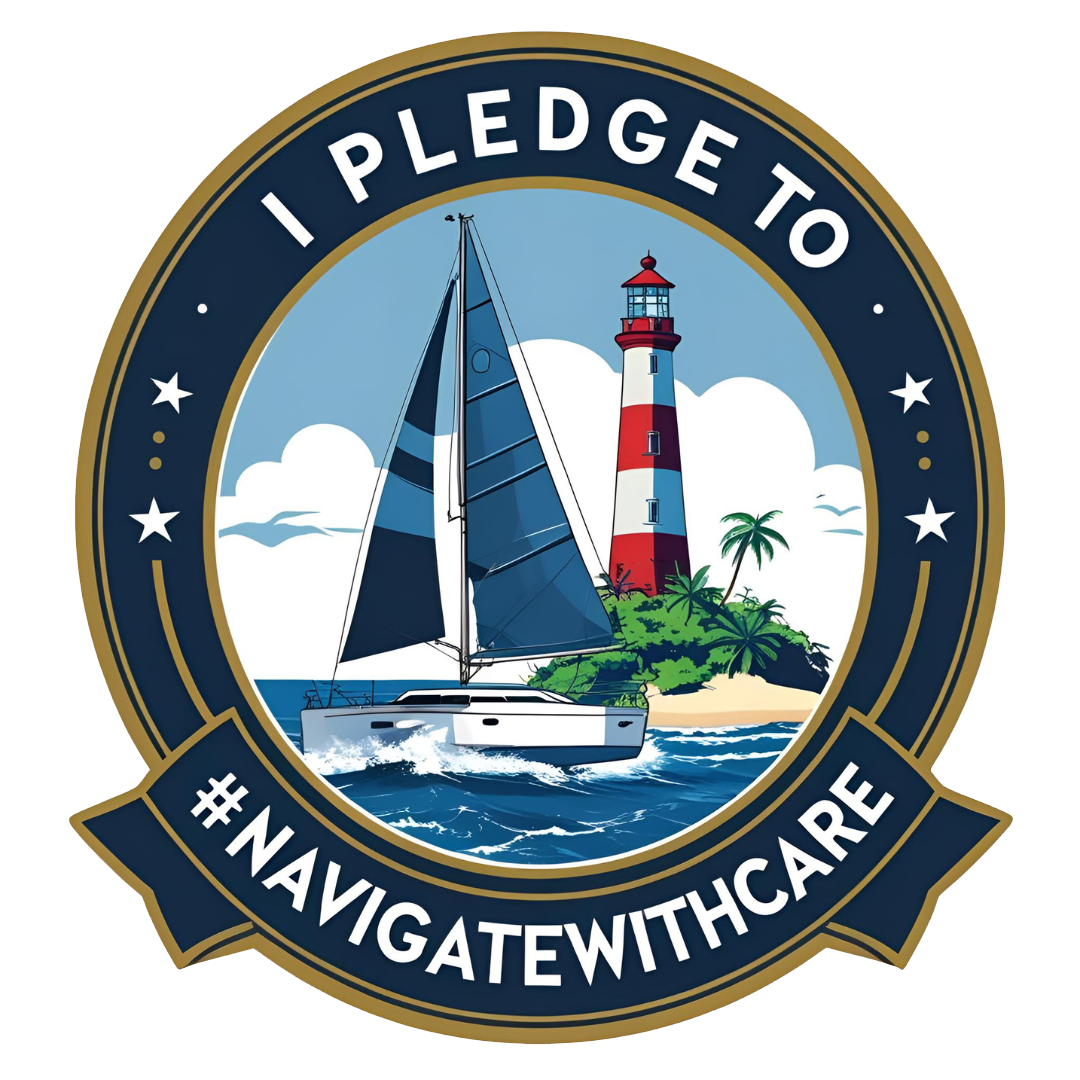Khaled bin Sultan Living Oceans Foundation completes second French Polynesia coral reef research project
Landover, MD. December 11, – From Nov 13th to December 11th 2012 a team of scientists from the Khaled bin Sultan Living Oceans Foundation, joined by visiting researchers, conducted hundreds of underwater survey dives on reefs in the Tuamotu Archipelago of French Polynesia. This study follows the French Polynesia coral reef research the team did earlier in the Society Islands and has produced some noticeable differences between the two island groups.
“We basically repeat the same survey techniques wherever we go” said Chief Scientist Dr. Andrew Bruckner. “This allows us to accurately compare one reef with another” he continued “and some of the
observations were certainly a surprise to us”.
While it will take many months for the scientific data to be processed, some initial findings from the research showed:
- Many of the reefs around the Society Islands had been badly damaged by Crown of Thorns starfish, while those in Tuamotu were generally in excellent condition.
- The coral eating Crown of Thorns starfish was found in low numbers on the lagoonal reefs of Rangiroa, Aritika, Raraka and Fakarava, only the lagoonal reefs in Toau were an exception to this. But, a few lagoonal reefs in Rangiroa, Fakarava and Toau did have an unusually high population of coral eating snails.
- The reefs in Tuamotu contained a higher diversity of corals species and many corals that were older and larger than those found in the Society Islands.
- Many of the same coral diseases are present in both the Society and Tuamoto islands, including an unidentified yellow syndrome, pink lesions and tumors, but in general coral disease was relatively uncommon. The only exception was white syndrome, which affected a large proportion of the cauliflower corals in Tuamoto, but was rare in Society Islands.
- Bullethead parrotfish were the most common parrotfish around the Society Islands, while the Tuamotu reefs had a more diverse group of parrotfish species, they were also in higher numbers and larger sizes round Tuamotu.
- Overall, shallow reef communities of Tuamotu islands contained much larger fish populations, especially schooling herbivores. But they also had more predators like sharks, groupers and snappers, and larger individual fish of all types.
The French Polynesia coral reef research team will complete a third similar survey around the Gambier Islands in January 2013, followed by research in the Austral islands and Cook Islands by May 2013. This research is part of the Foundation’s Global Reef Expedition, a six year survey to study and categorize coral reef ecosystems around the world by 2016.


